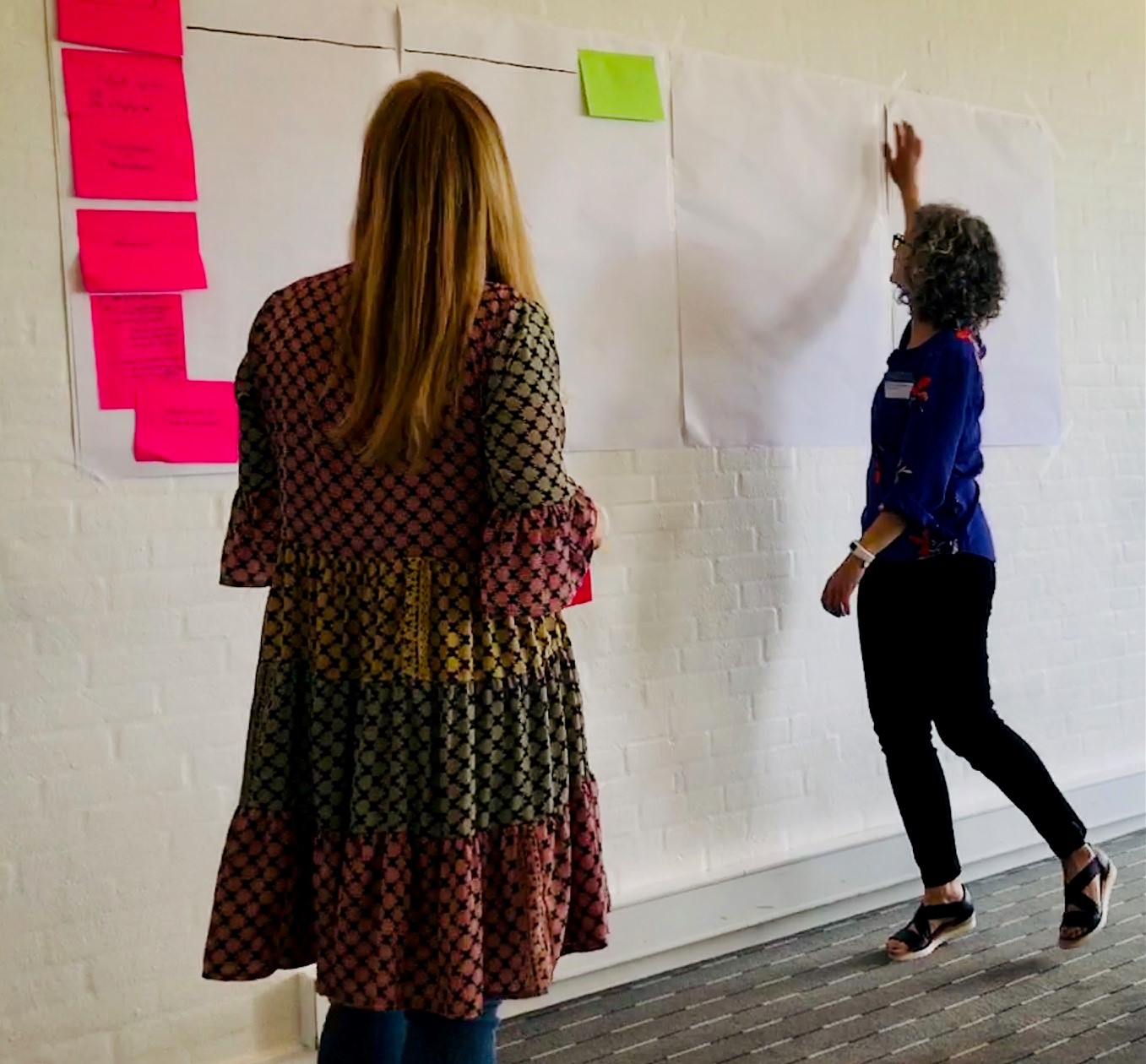National MIXED backcasting workshop shed light on major challenges and ways forward for mixed farming and agroforestry systems in Denmark
Last week, the Danish MIXED team held a so-called back-casting workshop and had summoned various relevant actors to discuss and map the challenges and, not least, the paths forward for mixed farming and agroforestry in Denmark.

The workshop was attended by approx. 30 people and ran in two tracks with the headlines: “Agroforestry in organic livestock production” and “The interaction between livestock- and crop production at landscape level.”
A broad variety of aspects, such as regulations, subsidy systems and lack of scientific knowledge as well as time load and challenges regarding crop yields were mentioned as main challenges.
Machinery and technology adapted to the change in land use, eco system services as commodities and a coordinated collection of best-practice examples across Europe were just a few of the issues seen as possible ways forward, but also rules and regulations have to be more flexible if e.g. agroforestry is to be sustainable in the future.
Anne Grete Kongsted from Dept. of Agroecology at Aarhus University headed the workshop. She is the coordinator of the Danish farmers’ network team in MIXED. Anne Grete says: “It is of great value getting people from such different back grounds in the same room. Researchers, regulators, farmers and advisors all see mixed farming from different angles, thus spotting different challenges, and potential solutions. This creates synergetic thinking and in the end, better suggestions for solutions and ways forward.”
The workshop will be followed by a Field workshop 23rd of June where suggestions from the first workshop will be presented and discussed by the Danish farmers’ networks participating in the MIXED project.
